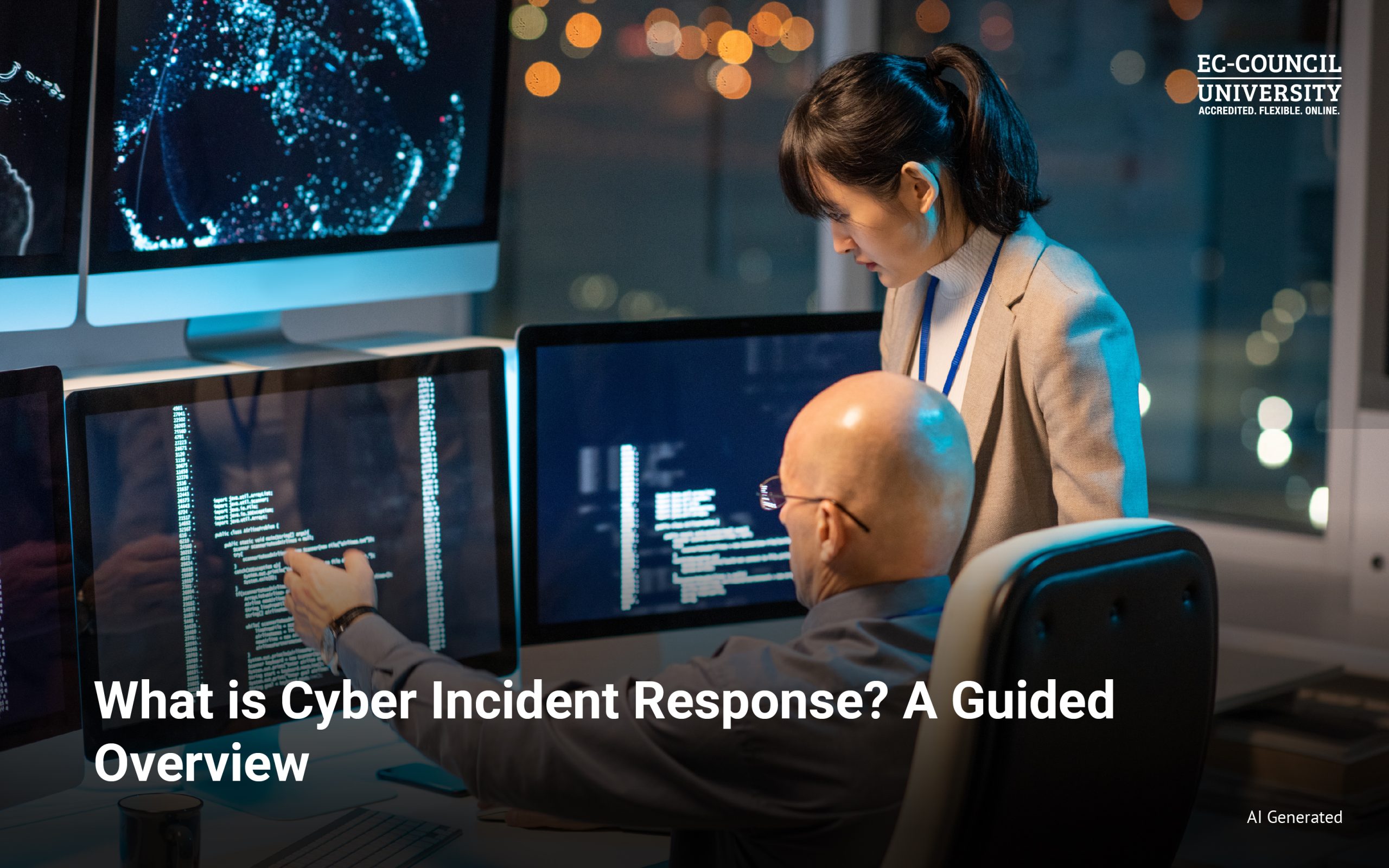A ransomware attack is a type of cyber-attack in which a hacker or a group of hackers encrypts the files on a victim’s computer or network, making them inaccessible. When the victim requests the decryption key to get back access to their data, the attacker responds by demanding a ransom, generally in the form of cryptocurrencies. This type of attack has become increasingly common in recent years, with the number of attacks increase dramatically.
There are several types of ransomware attacks, including:
- Encrypting ransomware: This type of attack encrypts files on a victim’s computer or network, making them inaccessible. Following that, the assailant asks for a ransom in return for the decryption key.
- Locker ransomware: This type of attack locks the victim out of their computer or network, preventing them from accessing their files or performing certain actions. The attacker then demands a ransom in exchange for the unlock code.
- Scareware: This type of attack uses social engineering tactics to trick the victim into believing their computer is infected with malware or that they have committed a crime, and then demands a ransom in exchange for a solution to the supposed problem.
- Doxware: This type of attack threatens to release sensitive information about the victim if the ransom is not paid.
There are several steps that individuals and organizations can take to prevent ransomware attacks:
- Keep software and operating systems up to date: Software vulnerabilities are often exploited by attackers to gain access to a victim’s computer or network. Keeping software and operating systems up to date with the latest security patches can help to close these vulnerabilities and prevent attacks.
- Use anti-virus and anti-malware software: Anti-virus and anti-malware software can detect and block malware, including ransomware before it can infect a computer or network.
- Back up important files: Regularly backing up important files can help to minimize the impact of a ransomware attack, as it allows victims to restore their files from a backup rather than paying the ransom.
- Be cautious with email attachments and links: Ransomware is often spread through email attachments and links, so it is important to be cautious when opening email attachments or clicking on links from unknown sources.
- Train employees: Employee awareness and education are key factors in preventing ransomware attacks. Employees should be trained on the basics of cybersecurity, including how to recognize and respond to phishing emails and how to handle suspicious files and links.
- Use a firewall: A firewall can help to prevent unauthorized access to a computer or network, and can also be configured to block certain types of traffic, such as traffic from known malicious IP addresses.
- Use a VPN: A virtual private network (VPN) can help to encrypt internet traffic and protect against eavesdropping, making it more difficult for attackers to intercept sensitive information.
- Implementing a disaster recovery plan: Having a plan in place in case of a ransomware attack can help organizations to quickly respond and minimize the impact of the attack. This can include regular backups, security software, and incident response procedures.
In conclusion, Ransomware attacks have become a major threat to individuals and organizations. It’s important to take proactive steps to prevent these attacks and minimize the impact in case of an attack. This can include keeping the software and operating systems up to date, using anti-virus and anti-malware software, regularly backing up important files, and training employees on cybersecurity best practices. Additionally, implementing a disaster recovery plan, using a firewall and a VPN, and being cautious with email attachments and links can also help to prevent ransomware attacks.







